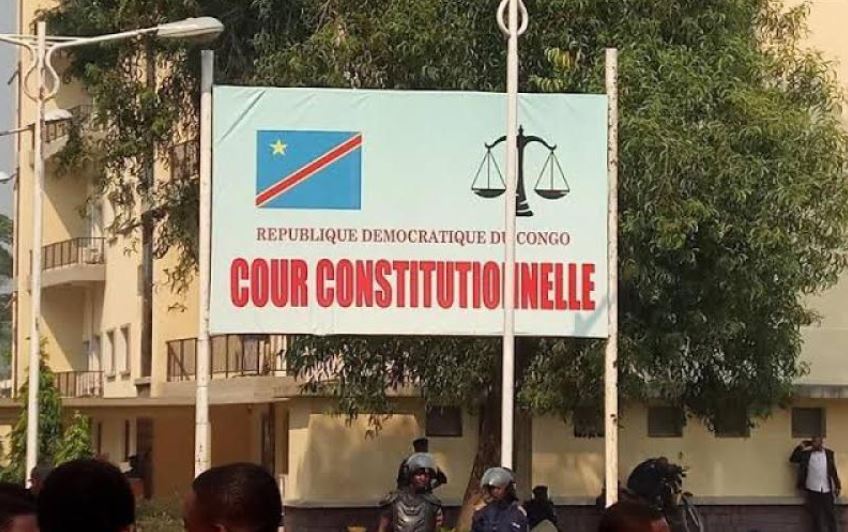DRC’s main opposition candidates have refused to go to court to challenge the outcome of the recently concluded controversial elections which analysts fear could have political consequencies.
Moise Katumbi, Martin Fayulu and Dénis Mukwege, main opponents and candidates in the last presidential election, have not filed a petition before the constitutional court seeking the annulment of the general elections of December 20 in the Democratic Republic of Congo (DRC).
The high court, the only one empowered to rule on elections, particularly at the presidential level, will nevertheless sit this Monday, January 8, 2024 to rule on two requests including that of Théodore Ngoy, which seems not to disturb the camp of Félix Tshisekedi, the president re-elected according to the provisional results of the Independent National Electoral Commission (Céni).
The main opposition figures are suspicious of the high court, which they consider “subservient” and “partial” according to Michel Bisa Kibul, geopolitologist and professor of political science at the University of Kinshasa (UNIKIN).
Seized on December 10 to rule on the irregularities of the elections in the Democratic Republic of Congo by the opposition, the constitutional court declared this approach “unfounded”.
This decision reflected, for the opposition, the submission of the court to the regime in place.
“Before the elections, the Constitutional Court had not taken into account the request of several presidential candidates with the serious warnings it contained? Would she magically become impartial? ”, said, director of cabinet of Dénis Mukwege, .
“The constitutional court is the axis for laundering cheating,” explained Hervé Diakese, campaign spokesperson for Moise Katumbi.
“Knowing how Félix Tshisekedi appointed the members of this court on July 17, 2020, we cannot expect anything from it,” said opponent and candidate Martin Fayulu.
How can this position of the opposition be explained? What could be the political consequence?
Is it important that President Tshisekedi initiates formal and informal consultations in order to calm the situation?
In the context of so-called “underground” international relations, should the puwe be wary of the flow of congratulatory messages from several countries to the re-elected president?



















